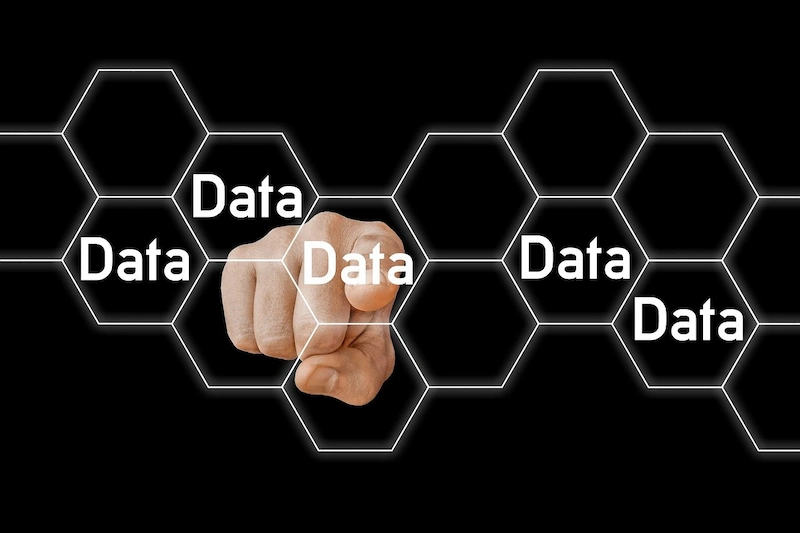This is because having too much data can be bad for business. That’s why data centralization is so important for making things run and using data to make decisions. The unsung hero who streamlines operations drives decisions based on data and unlocks the full potential of data, which is an organization’s most valuable asset.
What, then, makes data centralization so important in today’s very competitive business world? Let’s look at the many benefits that centralized data frameworks can give to companies that want to do better than survive.
What Is Data Centralization?
The process of putting data from various sources into one storage system is known as “data centralization.” This way, businesses can access, manage, and analyze data more in one place, which is also their only source of truth.
Benefits of Data Centralization
One of the best things about centralizing data is that it makes the data more accurate and consistent. This makes analytics more correct and dependable.
It takes less time and money to collect and analyze data when everything is done in one place. This speeds up the decision-making process and gives the market more flexibility.
Improved Data Accuracy and Consistency
Errors and discrepancies are more likely to happen when data is spread out. These risks are reduced when data is centralized so that all departments can work from the same, up-to-date data.
Enhanced Data Security and Privacy
With one safe repository, it’s easier to put in place strong data security measures and keep an eye on who is accessing data. This ensures that sensitive data remains secure, shielding it from unauthorized access by hackers and other individuals.
Challenges and Considerations
There are some good things about centralizing data, but there are also some bad things. For example, it can be hard to move data, and there is a chance that the system will crash during integration. Plan for your business to stay out of trouble and get the most out of centralizing data.
You may like – The Role of Cloud Computing in Business Continuity vs Disaster Recovery
Data Integration and System Compatibility
Merging data from disparate sources can be challenging. Systems must be compatible to ensure seamless integration, requiring technical expertise and planning.
Data Governance and Compliance
As data is centralized, regulatory compliance and governance become imperative. Businesses must navigate complex legal requirements, which can pose obstacles without proper guidance.
Best Practices for Data Centralization
To centralize its data, a business should assess its existing data and infrastructure. The centralized system should meet the needs of different departments and promote collaboration. This should be done promptly.
Choosing the Right Data Centralization Tools and Technologies
Choose tools that meet the needs of your business and have the features you need for good data management. For example, https://www.inriver.com/resources/pim-vs-mdm/ compares PIM (Product Information Management) and MDM (Master Data Management) solutions.
Implementing Data Governance and Security Measures
Protect your centralized data with strong governance protocols, access controls, and regular audits. These measures are crucial to prevent misuse and breaches.
Data Centralization – The Keystone of Future-Ready Enterprises
To sum up, companies that want to succeed need to centralize their data; it’s not an extra that they should have. Business should combine their data sets because the pros are greater than the cons.
Businesses can learn a lot and run more if they put data centralization at the top of their list of priorities and spend money on it. This could open up new doors and lead to long-term success.
Want to learn more? Be sure to check out our additional articles before you depart!






